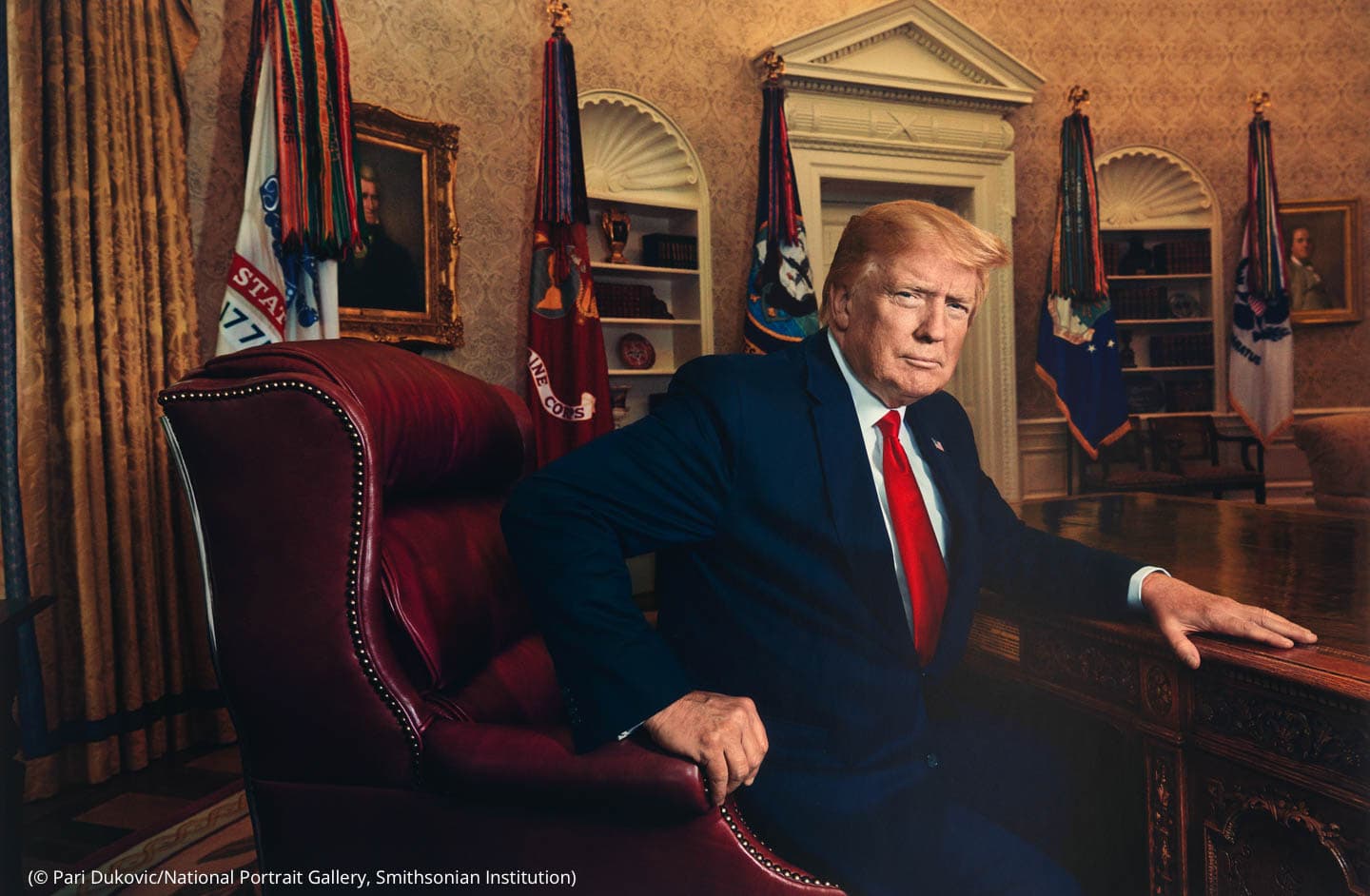As Donald Trump is back in the White House, his early policy moves are already reshaping the private equity (PE) landscape. For an industry that thrives on predictable regulations and favorable tax conditions, the new administration presents both clear opportunities and serious questions.
Carried Interest in the Crosshairs
Trump is again targeting the carried interest loophole, a long-standing tax break that allows PE managers to pay capital gains tax rates (20%) instead of ordinary income rates (up to 37%). While this plays well with his populist base, the industry is pushing back hard. The American Investment Council says that eliminating the break would discourage long-term investment and hurt the creation of jobs. (Reuters, Feb 2025)
Tax Policy and Congressional Hurdles
Trump and House Republicans are pushing to extend the 2017 tax cuts—set to expire this year—but face major fiscal constraints. A GOP-backed budget plan narrowly passed in April, clearing a path for tax reform, but it's far from settled. Democrats are pushing back, warning of increased deficits and cuts to social programs. (Reuters, Apr 2025)
Trade Policy: Uncertainty on the Horizon with Tariffs
Trump's tough trade stance is once again rattling global markets. The increasing tariffs on Chinese imports and other goods are creating friction for companies with global supply chains—many of which are PE-backed. M&A activity has already taken a hit, with some firms delaying deals or adding more risk-mitigation clauses. (The Times, Apr 2025)
The 401(k) Prize
The PE industry is also eyeing a potential windfall: access to 401(k) retirement funds. Trump's Labor Department may revisit a 2020 policy that allowed private equity in retirement plans, which the Biden administration later rolled back. If the door reopens, it could unlock trillions in new capital—but not without criticism over fees and risk to everyday investors. (Investopedia, 2025)
Conclusion
For private equity, Trump's second term is a double-edged sword. Deregulation and tax cuts could drive growth, but trade uncertainty and tax reform battles add complexity. Firms that can stay nimble and politically savvy will be best positioned to capitalize on what's next.
By Fundscouter
An opinion piece by Fundscouter
